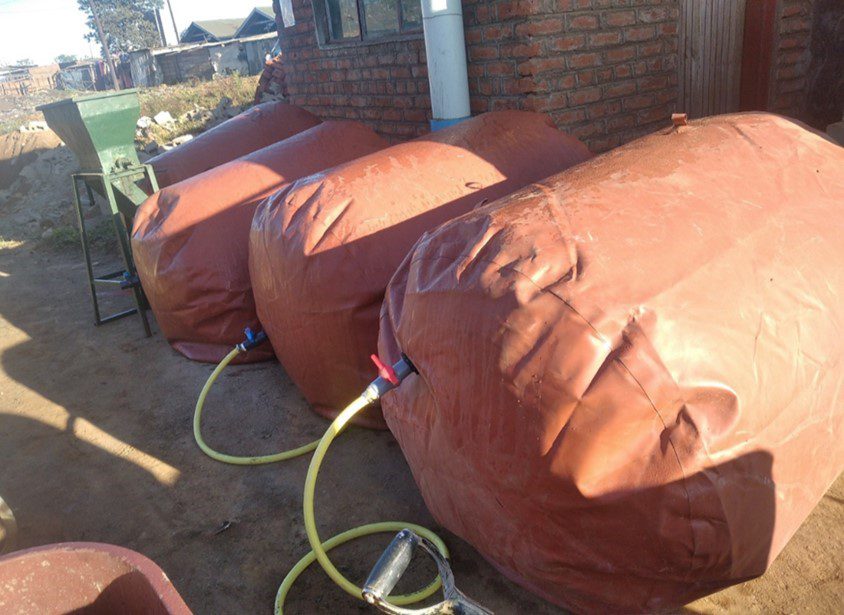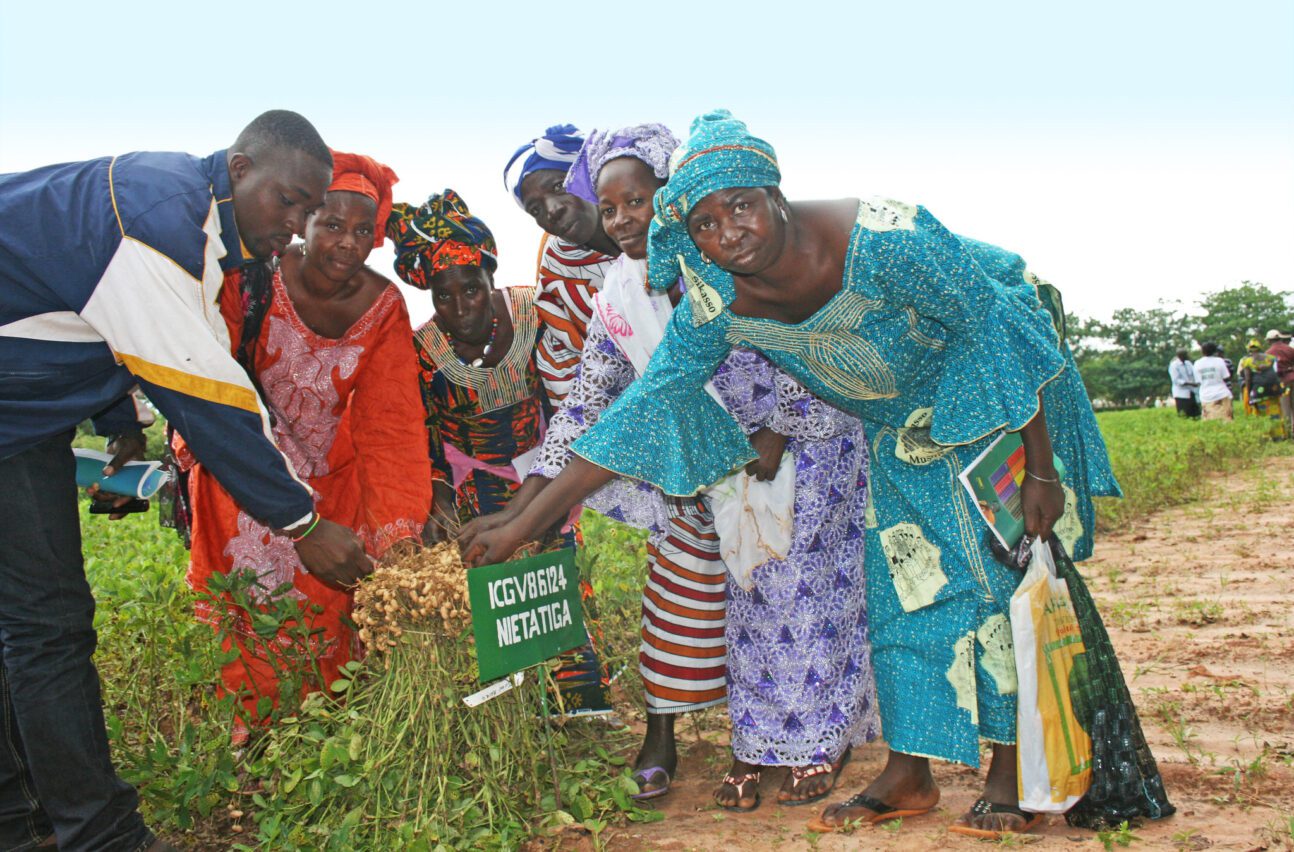SGCI News
Globally, the use of research in formulating policy, gained traction just after World War II and became a standard of best practice for governmental and non-governmental organisations towards the end…
Globally, the use of research in formulating policy, gained traction just after World War II and became a standard of best practice for governmental and non-governmental organisations towards the end of the 20th century. Consequently, nations of the Global North are striving to use evidence-based policies in advancing their development agenda. Examples of such countries include, the Netherlands, USA, and the United Kingdom.
However, this is not common practice in Africa and there is a great lacuna between research and policy. Existing literature reveals that there is limited work on the relationship between knowledge production and development in Africa. Not only does most research exist in seeming isolation, but there is also a lack of institutional support and enabling frameworks for knowledge to be transformed into policies and initiatives that contribute to societal advancement. To have a holistic appraisal of this phenomenon in Africa and to ascertain the current state, this study reviewed four (4) SGCI participating councils. The study examined the research activities of the SGCs in relation to their alignment to the national priorities/ plan and the usefulness or translation of research outcomes/ knowledge production into tangible products capable of improving the wellbeing of citizens in the individual states.
The report, titled Politics and policy in knowledge production for development, offers practical recommendations for strengthening R&D in Africa. This entails joint effort by various stakeholders involved in the process. The report summarises key findings generated qualitatively from existing literature and primary data gathered via the interviews conducted with key stakeholders in the four (4) SGCs studied under this project. The recommendations that this report offer advances practical steps needed to revamp and improve the research community and as well strengthen the strained relationship between the former and the policymakers. This is all in bid to generating research products and valorise them for the betterment of the entire populace.
The final report can be access here.
A research article publish in Academia Letters can be accessed here.
A policy brief geared towards policymakers can be accessed here.
Related News
Biogas plant addresses energy poverty in Malawi
Researchers in Malawi are helping communities reduce waste and improve sanitation through biogas production. By: Charles Pensulo [BLANTYRE, MALAWI] A biogas plant in Malawi has transformed the lives of mothers, girls, and children in local communities by reducing reliance on firewood and providing them with…
Mass breeding of desert locusts unlocks new food source
Researchers have developed a way of breeding locusts as a source of protein for animals and people. By: Dann Okoth [NAIROBI] Mass breeding of desert locusts in a controlled environment could provide a sustainable source of protein for animals and humans as well as business…
Researchers forge partnerships with the private sector in Malawi
Partnerships with business and the public sector enable Malawi’s researchers to tackle “real-world problems”. By Michael Kaloki The Science Funding Agencies Initiative (SFAI) uses the “triple helix” approach to enable African researchers to collaborate with national government departments, the private sector and other researchers to…
Research and Resources



SGCI funded projects
Information on projects funded by SGCI coming soon!
Information on projects funded by SGCI coming soon!




